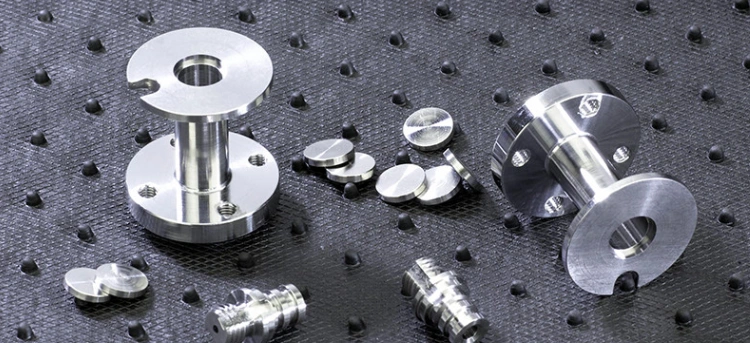In industries where hygiene and precision are paramount—such as pharmaceuticals, food processing, and semiconductors— Cleaning and Passivation in Pharma and Cleaning and Passivation in Food are more than just routine practices. They are regulatory necessities. This is where global standards like ASTM A380, ASTM A967, and AMS 2700 come into play.

06
AugWhy ASTM and AMS Standards Matter in Stainless Steel Passivation
ASTM A380 provides practices for cleaning, descaling, and passivating stainless steel parts. It ensures that any descaling service is done to remove weld scale, oxide films, and other impurities that may interfere with corrosion resistance.
ASTM A967, on the other hand, outlines the methods for Derouging and Passivation, ensuring the stainless steel surface is properly treated to form the protective chromium oxide layer. It defines multiple passivation methods—including nitric and citric acid treatments—and includes guidelines for testing, like Copper Sulphate and high-humidity exposure.
AMS 2700, largely used in aerospace and defense sectors, takes passivation to the next level. This standard is critical in De-Rouging Solutions in Semiconductor applications, where even minute contaminants can compromise product integrity.
By adhering to these standards, industries ensure the elimination of Derouging stainless steel risks and maintain regulatory compliance. Moreover, when paired with products like Citrisurf 3050 or Eudragit Polymer Cleaner, these standards empower facilities to achieve optimal outcomes in Cleaning, derouging and passivation.

